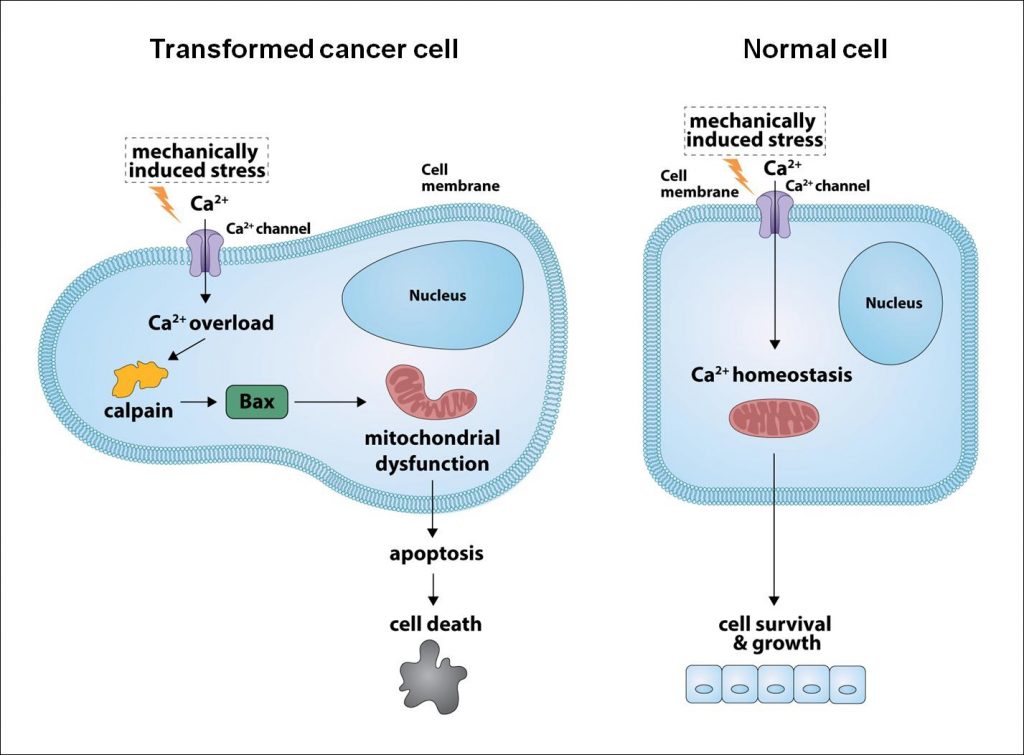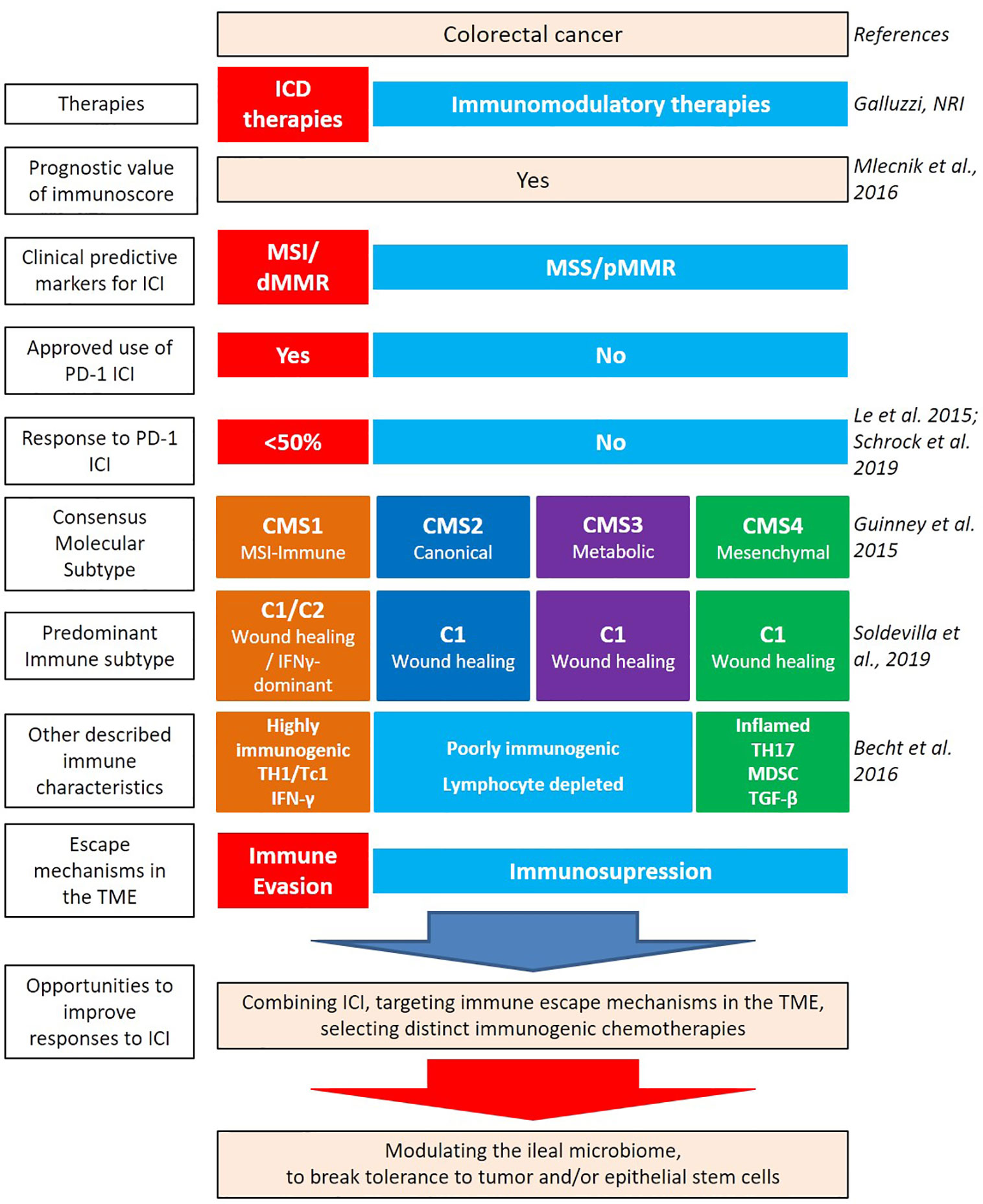Surgical stress and cancer progression: the twisted tango, Molecular Cancer
$ 13.50 · 4.5 (262) · In stock
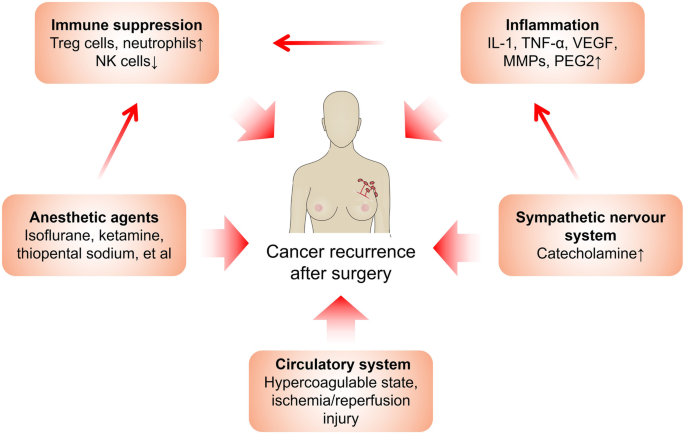
Surgical resection is an important avenue for cancer treatment, which, in most cases, can effectively alleviate the patient symptoms. However, accumulating evidence has documented that surgical resection potentially enhances metastatic seeding of tumor cells. In this review, we revisit the literature on surgical stress, and outline the mechanisms by which surgical stress, including ischemia/reperfusion injury, activation of sympathetic nervous system, inflammation, systemically hypercoagulable state, immune suppression and effects of anesthetic agents, promotes tumor metastasis. We also propose preventive strategies or resolution of tumor metastasis caused by surgical stress.

Stresses in the metastatic cascade: molecular mechanisms and therapeutic opportunities. - Abstract - Europe PMC

PDF) Surgical stress and cancer progression: the twisted tango

New insights into the correlations between circulating tumor cells and target organ metastasis

Full article: Surgical Trauma-induced CCL2 Upregulation Mediates Lung Cancer Progression by Promoting Treg Recruitment in Mice and Patients
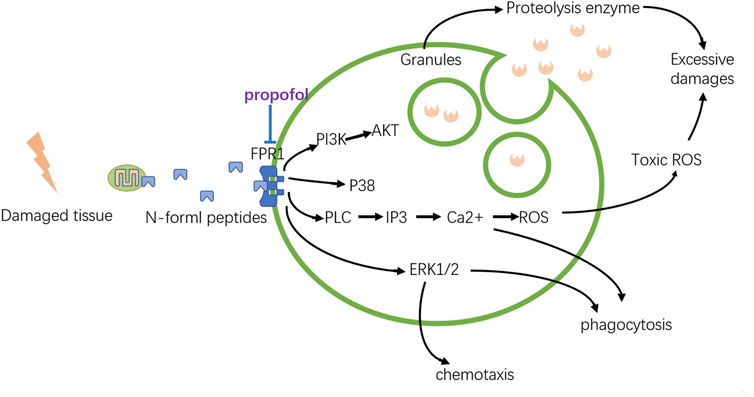
Frontiers The benefits of propofol on cancer treatment: Decipher its modulation code to immunocytes
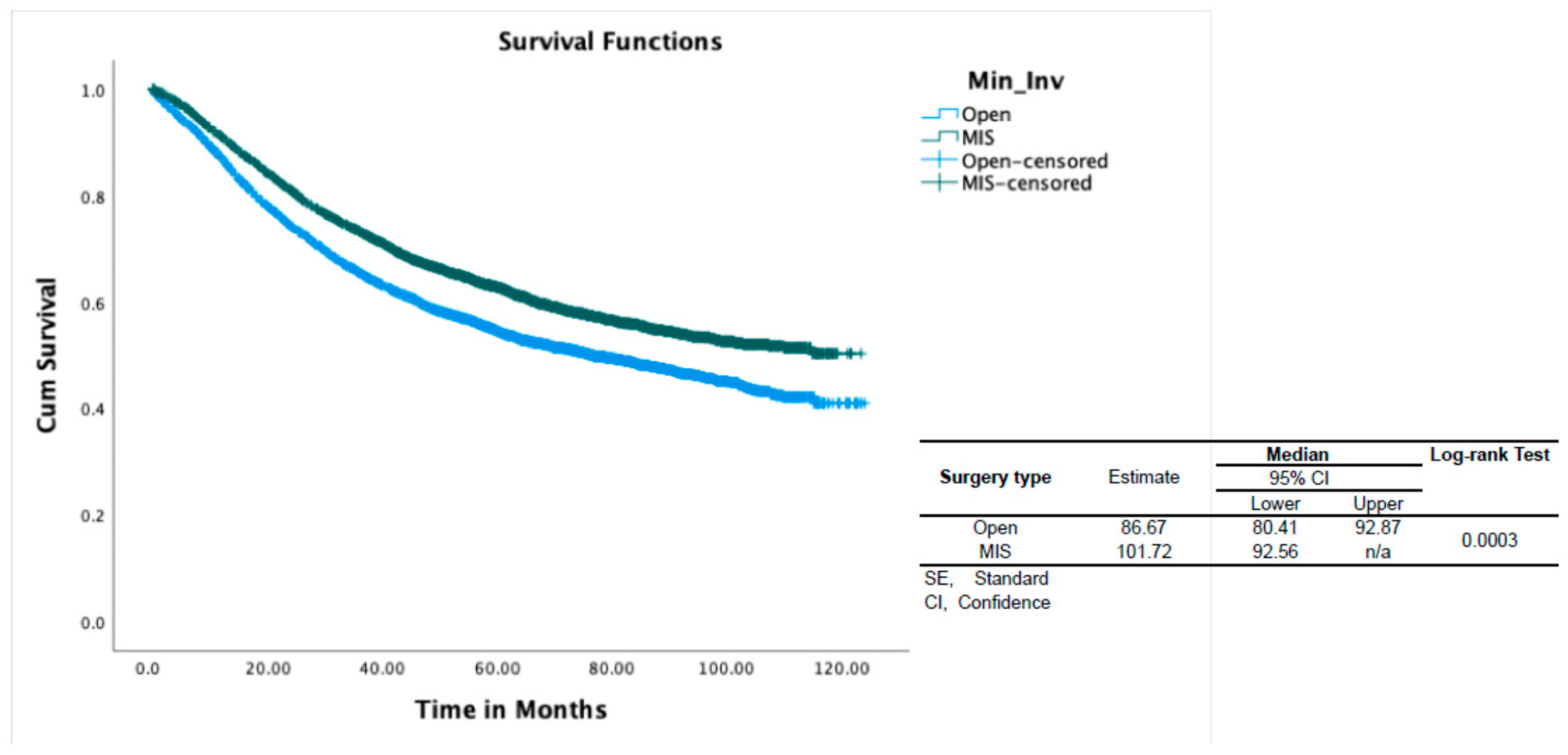
Healthcare, Free Full-Text

The therapeutic and prognostic implications of immunobiology in colorectal cancer: a review

PDF) Perioperative Inflammatory Response and Cancer Recurrence in Lung Cancer Surgery: A Narrative Review

PDF) Perioperative Inflammatory Response and Cancer Recurrence in Lung Cancer Surgery: A Narrative Review


:quality(80):fill(white)/https:%2F%2Fimages.asos-media.com%2Fproducts%2Fbluebella-tallulah-geo-crochet-1-4-cup-open-bra-in-white%2F202907650-1-white%3F$XXL$)


